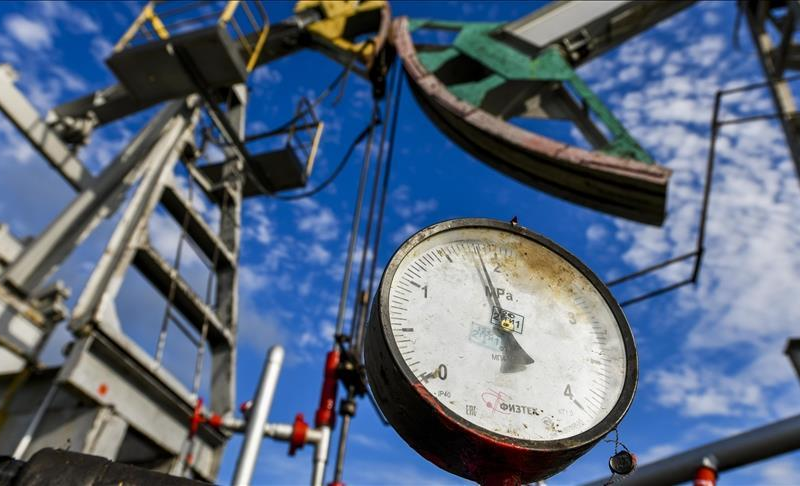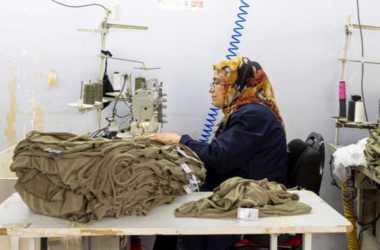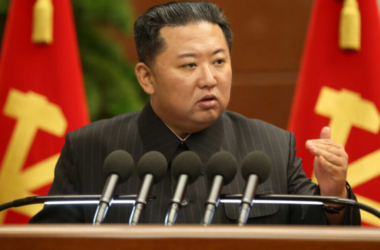In a recent development that has sparked tension in Central Europe, the European Commission has declined to initiate formal talks with Ukraine after Hungary and Slovakia raised concerns about Kyiv’s partial ban on Russian oil exports. This decision comes despite growing fears in Budapest and Bratislava that the sanctions could disrupt their energy supplies.
The issue stems from Ukraine’s June decision to block the transit of pipeline crude sold by Lukoil, Russia’s largest private oil company, to Central Europe. This move has alarmed Hungary and Slovakia, both of which rely heavily on these supplies. The two nations responded by urging the European Commission to open emergency consultations with Ukraine, claiming that the sanctions violate a 2014 trade agreement between Kyiv and Brussels.
However, the European Commission has so far dismissed these requests. On Thursday, Commission spokesperson Balazs Ujvari stated that urgent consultations with Ukraine “do not appear to be guaranteed,” suggesting that the sanctions do not pose an “immediate risk” to Hungary and Slovakia’s security of supply. The Commission is still in the process of gathering more information and has asked both countries to provide further details.
This decision has frustrated Hungary and Slovakia, who view the EU’s stance as dismissive of their legitimate concerns. The two countries have been particularly sensitive to energy supply issues since the EU imposed an embargo on Russian oil imports following the start of the conflict in Ukraine in 2022. While pipeline supplies to Hungary and Slovakia were exempted from this embargo to allow time for them to find alternative sources, the expectation was that they would quickly transition away from reliance on Russian oil.
The Commission’s refusal to take stronger action against Ukraine is seen by many in Hungary and Slovakia as a sign of the EU’s lack of support for its Central European members. While Ukraine’s Prime Minister Denys Shmyhal met with EU trade chief Valdis Dombrovskis, who downplayed the impact on oil exports to Hungary and Slovakia, the decision not to engage in formal talks leaves the two countries feeling sidelined.
For Hungary and Slovakia, this is more than just a trade dispute—it’s about ensuring their energy security and protecting their economies from potential disruptions. The EU’s response has been seen as insufficient and has raised questions about the bloc’s commitment to addressing the concerns of all its member states, particularly those in Central Europe who are often on the front lines of geopolitical conflicts.








